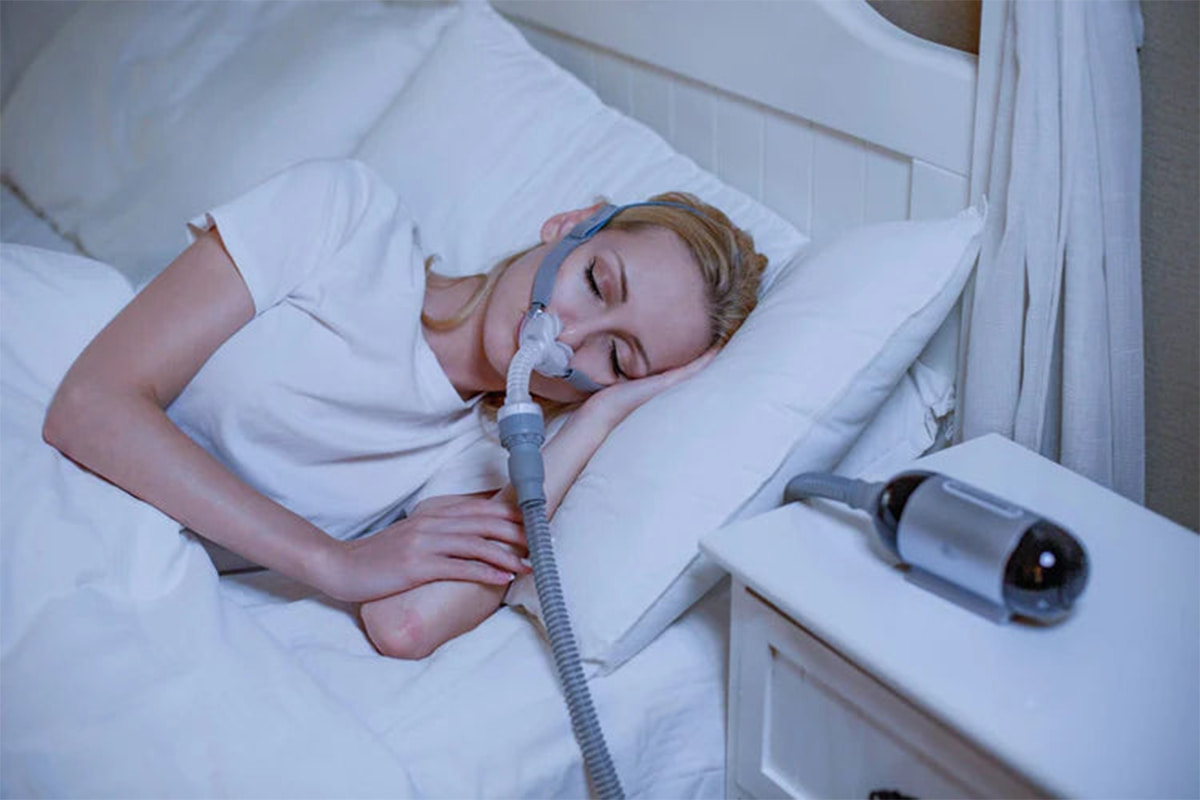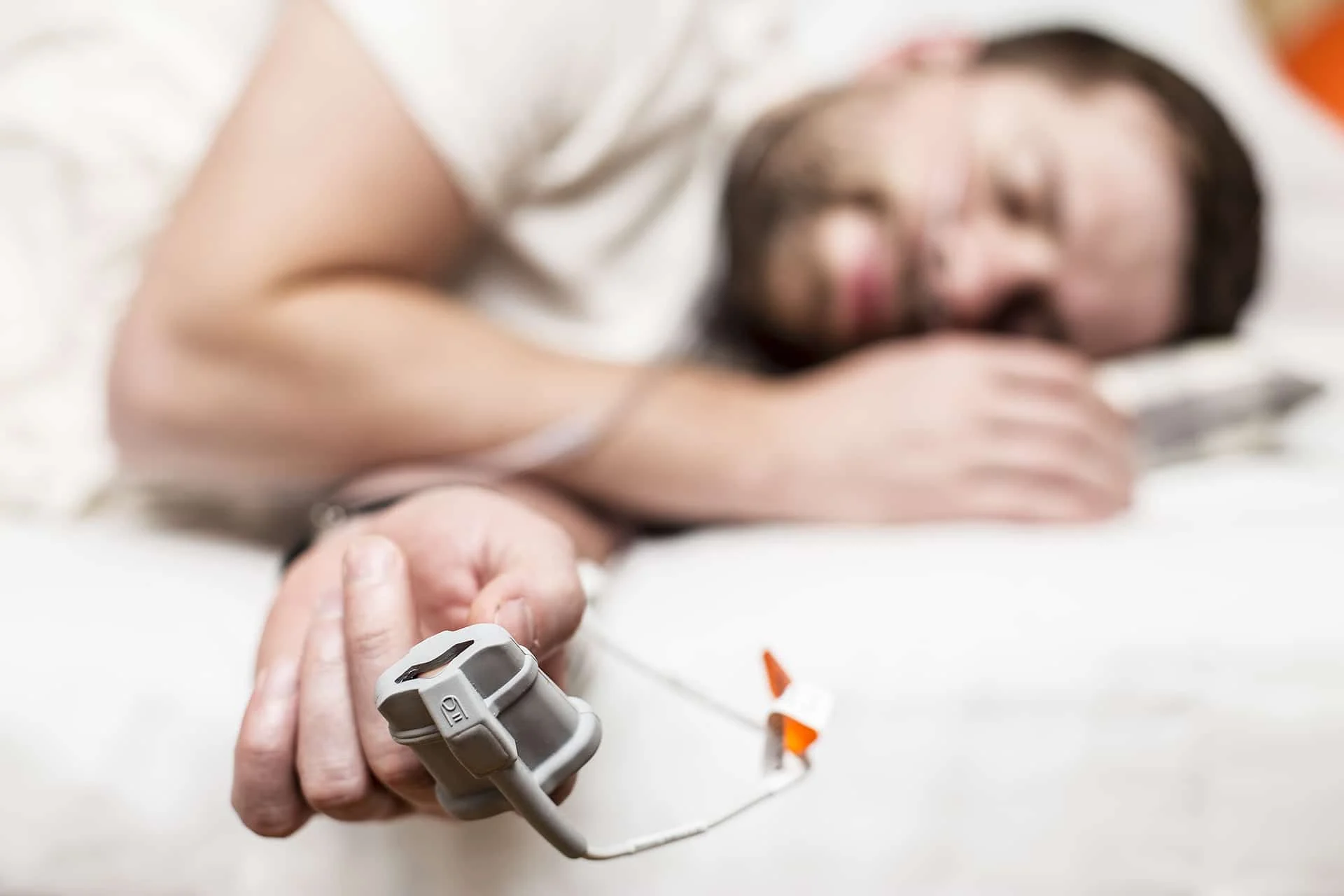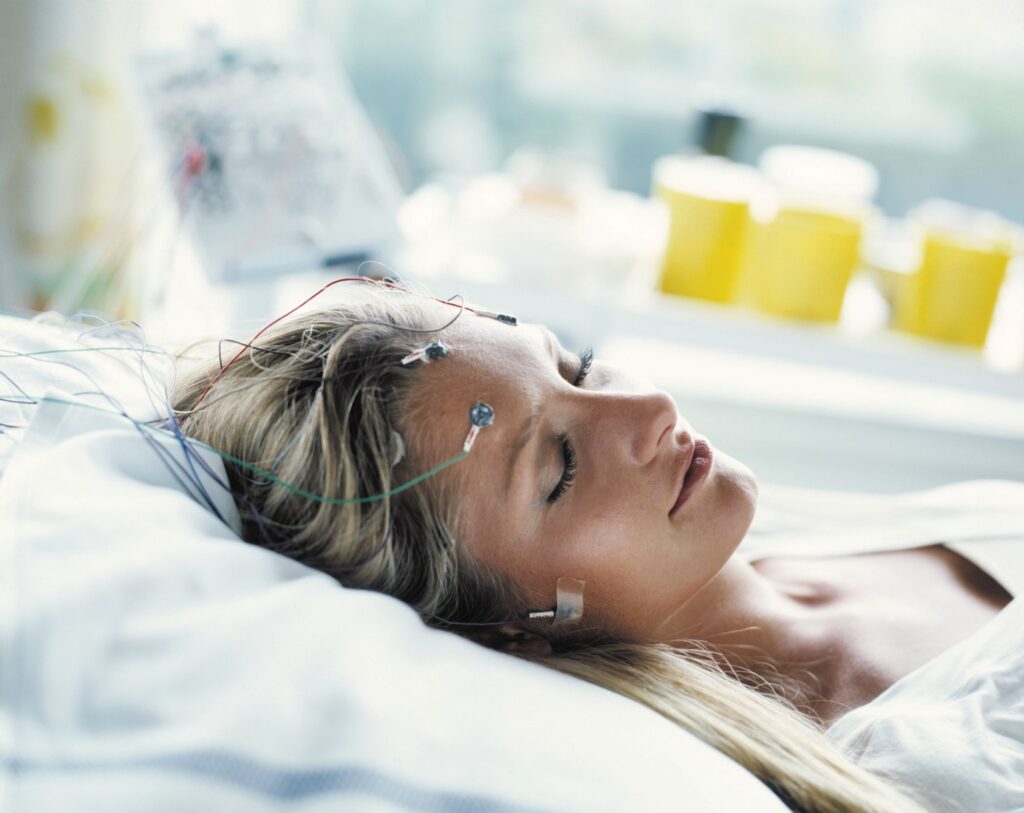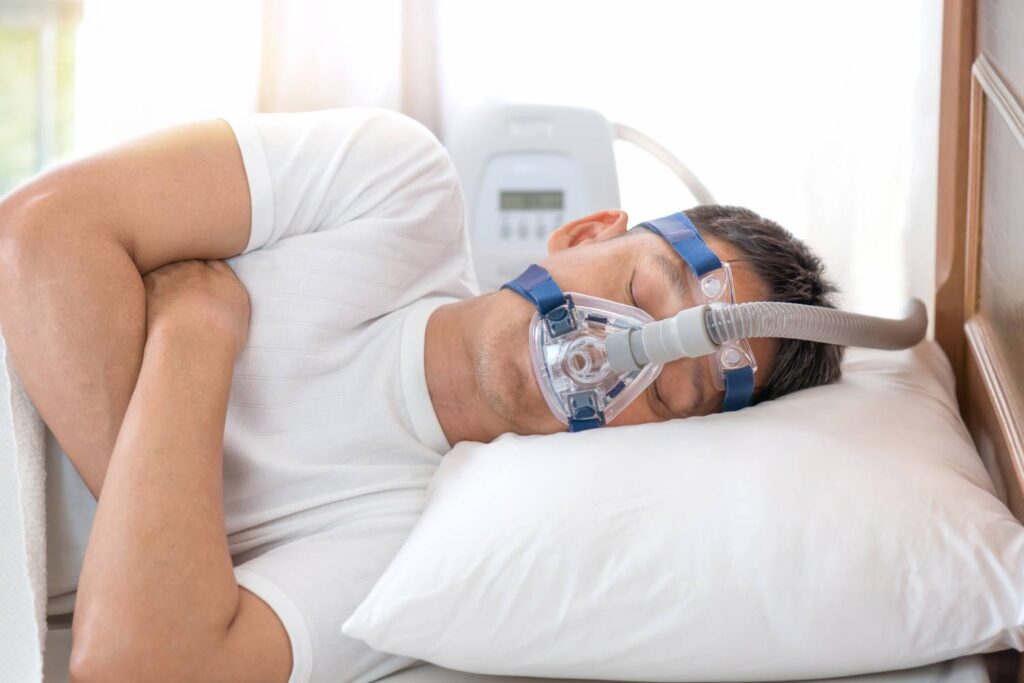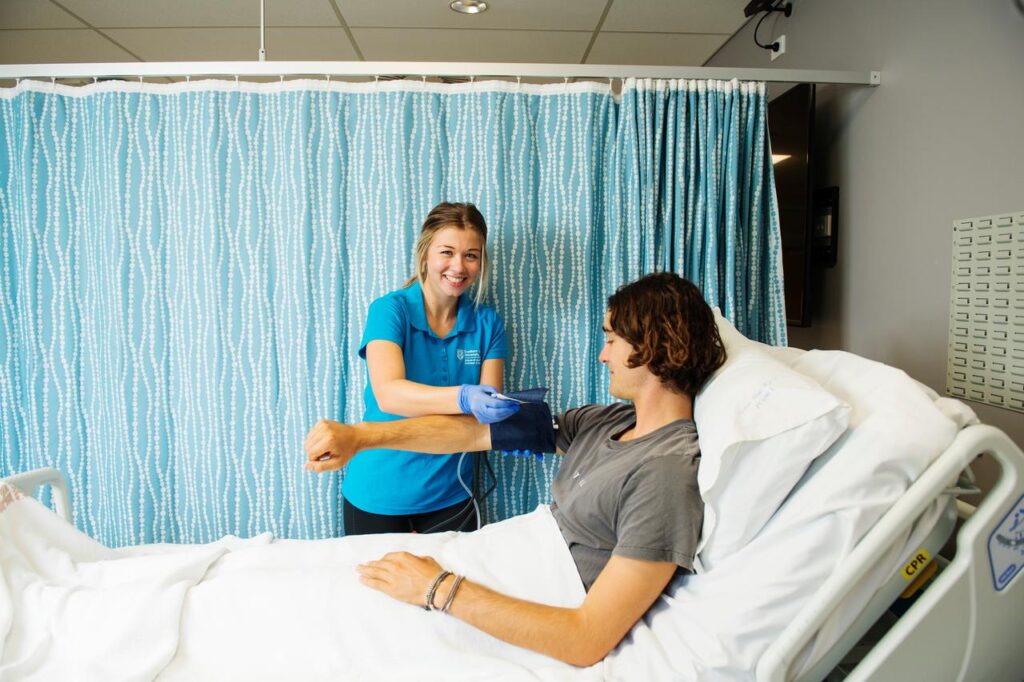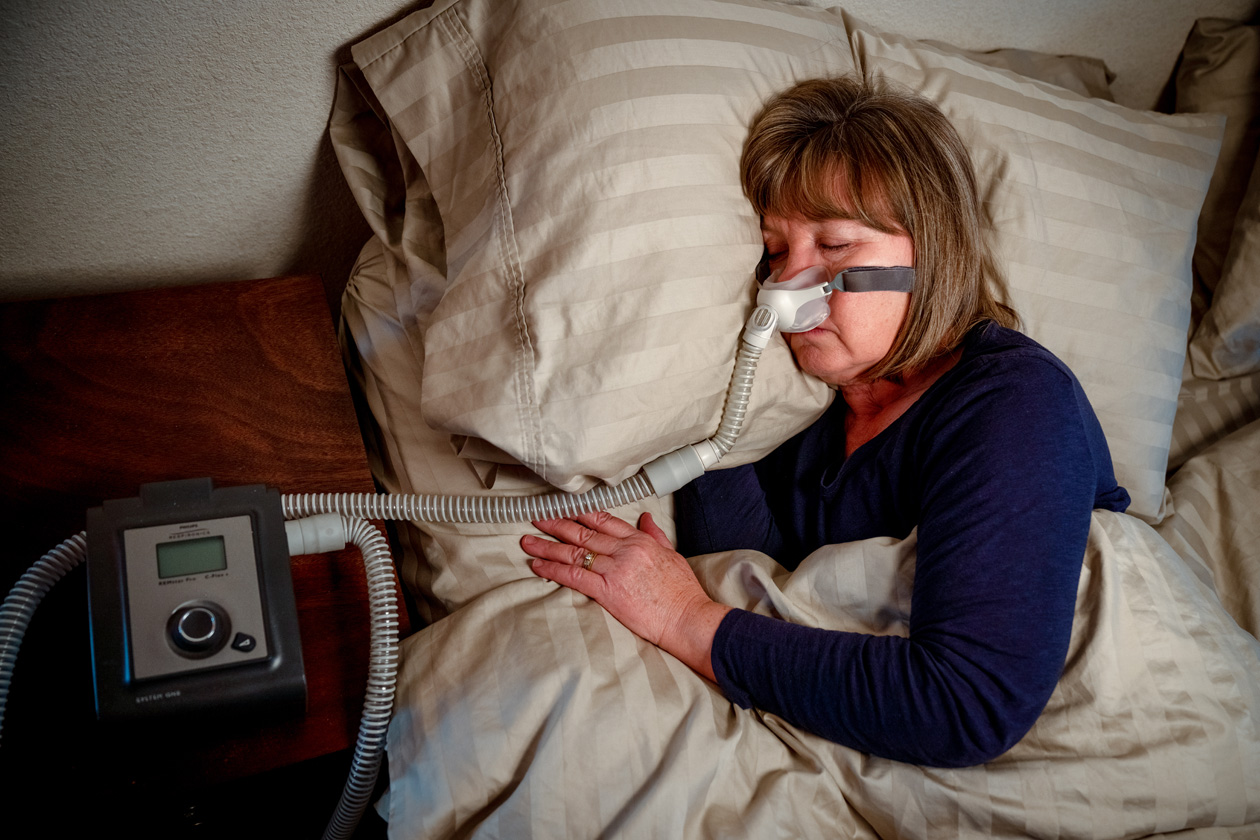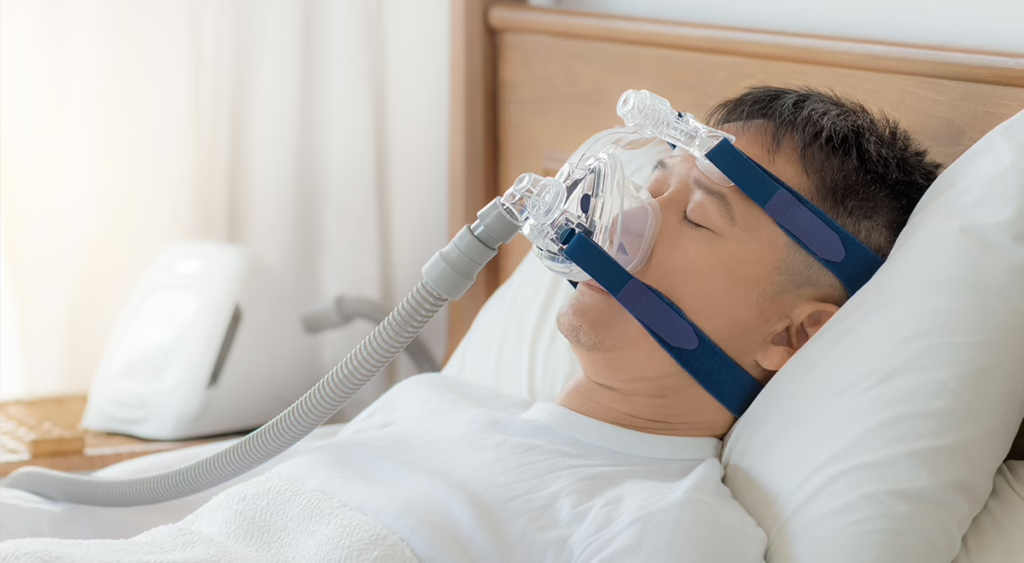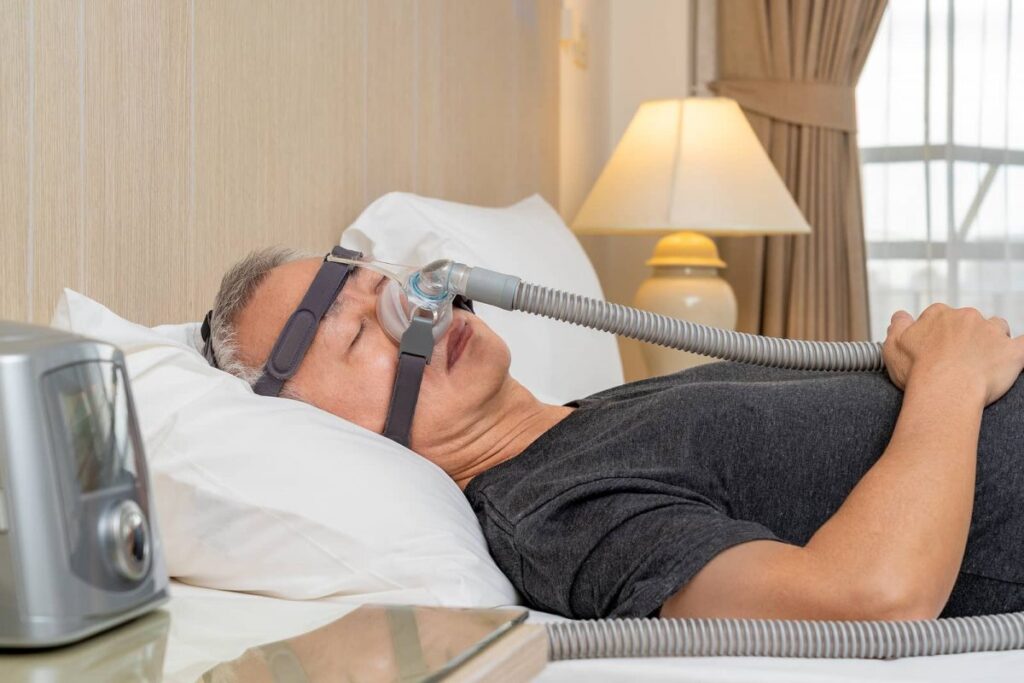Understanding the importance of sleep health
Sleep health is a crucial yet often overlooked element of our overall well-being. It’s more than just the number of hours we spend in bed; it’s about the quality and consistency of our sleep patterns. Good sleep health can enhance cognitive function, emotional stability, and even physical health. Many individuals underestimate how their sleep habits impact their daily lives, often citing busy schedules or stress as obstacles.
Furthermore, the lack of adequate sleep can lead to a range of health issues, including obesity, cardiovascular problems, and weakened immune response. Research continues to show a direct link between poor sleep and serious health risks, making it imperative to prioritise our sleep hygiene.
The role of sleep in overall well-being
Sleep serves as the body’s natural restorative process. During sleep, essential bodily functions such as tissue repair and muscle growth take place. Additionally, sleep plays a significant role in memory consolidation and emotional regulation. Without proper sleep, we may experience impaired judgement, reduced focus, and a fluctuating mood, all of which can impact our productivity and relationships.
In Sydney, home sleep studies are tailored to meet the needs of individuals seeking insight into their sleep health. The process sleep study Sydney involves several simple steps that ensure clarity and accessibility.
Thus, fostering good sleep practices can greatly contribute to overall well-being. Making sleep a priority is not just a lifestyle choice; it’s a crucial investment in our physical and mental health.
Common sleep disorders and their impact
Among the most prevalent sleep disorders are insomnia, sleep apnoea, and restless leg syndrome. These conditions can severely disrupt your sleep cycle, leading to excessive daytime fatigue, irritability, and even chronic health conditions. Insomnia, for instance, may stem from unresolved stress or anxiety, while sleep apnoea can lead to significant cardiovascular issues if left untreated.
Recognising and addressing these disorders is essential for restoring healthy sleep patterns. Seeking professional help can lead to tailored interventions that not only improve sleep but also enhance overall health and well-being.

The concept of home sleep studies
As awareness of sleep health increases, so does the demand for effective, practical solutions like home sleep studies. These studies are designed to diagnose various sleep disorders in the comfort of your own home, using advanced technology that tracks your sleep patterns and movements.
Unlike traditional sleep studies that require an overnight stay in a clinic, home sleep studies provide a more relaxed environment for patients, allowing for more natural sleep patterns to be analysed. This innovation has made sleep diagnostics more accessible, especially in urban settings like Sydney.
What is a home sleep study?
A home sleep study typically involves the use of a portable device that records vital signs such as heart rate, oxygen levels, and movement while you sleep. The process is straightforward: once you receive the device, you follow simple instructions to attach the sensors before going to bed.
This method allows healthcare professionals to gain insights into your sleep quality without the stress of a medical facility. The result is a more accurate reflection of your typical sleep behaviour, making it easier to identify any underlying sleep disorders. Find more about sensors at http://www.columbia.edu/~st2839/final.html
The benefits of conducting sleep studies at home
One of the most significant advantages of home sleep studies is convenience. You can conduct the study within your familiar surroundings, which usually translates to better sleep quality during the process. Furthermore, home sleep studies tend to be more cost-effective than in-lab studies, reducing financial strain while still delivering detailed results.
Additionally, receiving feedback and recommendations from your healthcare provider after a home sleep study can empower you to take proactive steps toward improving your sleep health. It transforms sleep diagnostics into a personal journey rather than a daunting clinical experience.
How home sleep studies work in Sydney
After consulting with a healthcare professional, you will receive a home sleep study kit, complete with clear instructions and necessary equipment. These kits are designed to be user-friendly, allowing patients of all ages to comfortably engage in their sleep assessment.
The process of setting up a home sleep study
Setting up a home sleep study is a straightforward process. After unpacking the kit, you’ll find everything you need to monitor your sleep, including sensors and a data recorder. The instructions provided will guide you step-by-step to ensure everything is correctly attached and working before you turn in for the night.
Once set up, all you need to do is sleep as you normally would. The device takes care of the rest, silently recording the data while you drift off. In the morning, you simply return the equipment for analysis. To read more about analysis click here.
Interpreting the results of your home sleep study
Once your data is collected, your healthcare provider will analyse the information and provide a comprehensive report. This can offer valuable insights into your sleep patterns, including the types and frequencies of any disturbances.
Understanding the results is crucial; it allows you and your doctor to discuss potential interventions or treatments based on the findings. This collaborative approach is key to tailoring a plan that caters to your unique sleep needs.
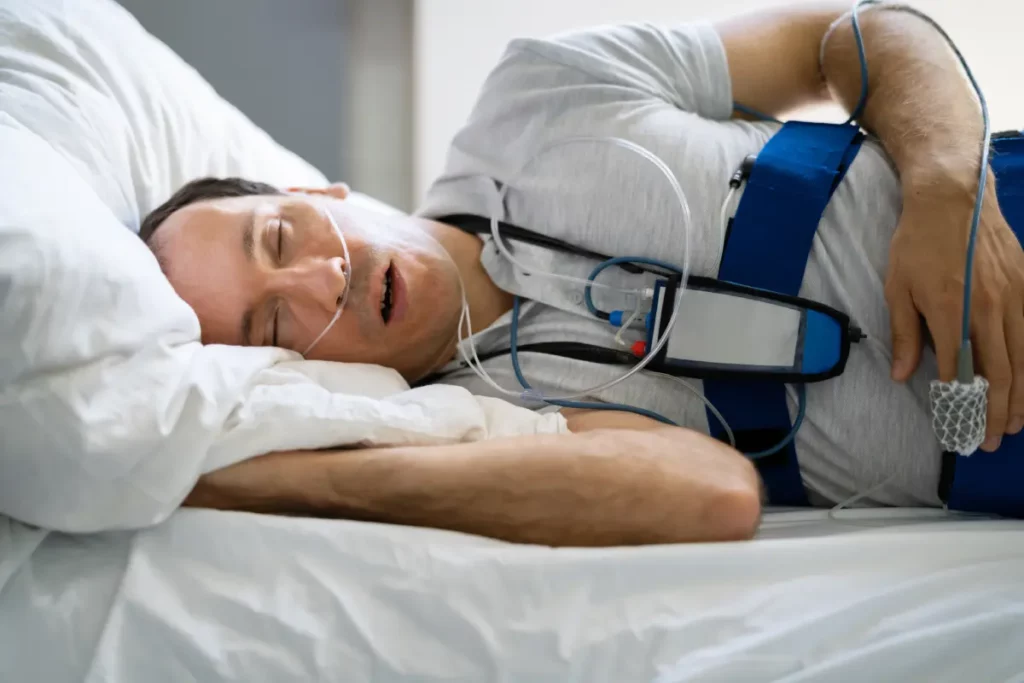
The convenience and comfort of home sleep studies
One of the standout features of home sleep studies is their inherent comfort and convenience. Many individuals experience anxiety when faced with the idea of spending a night in an unfamiliar clinical setting. By allowing people to sleep in their own beds, home sleep studies remove that pressure, leading to more accurate results.
With the ease of performing these studies at home, it becomes possible to address sleep health without intersecting greatly into your daily life or routine. This flexibility is particularly beneficial for those with busy schedules.
Why home sleep studies are more comfortable
Comfort during a sleep study naturally translates to improved results. When you’re in your own environment, you can maintain your typical nighttime routine, making it easier to fall asleep and record your usual sleep patterns.
Furthermore, many home sleep devices are designed to be non-intrusive, allowing you to engage in sleep without feeling hindered by wires or bulky equipment.
The convenience factor: Saving time and reducing stress
When opting for a home sleep study, one of the primary advantages is the time saved. There’s no need for lengthy clinic visits or waiting for appointments. You can perform the study at your convenience, which is a massive bonus for those juggling work or family commitments.
This seamless process helps reduce anxiety associated with sleep studies, allowing individuals to focus on the results rather than the logistics of testing.
Improving your sleep health with home sleep studies
Home sleep studies offer a vital opportunity for many individuals to uncover issues affecting their sleep health. Once the data is collected and analysed, it can lead to tailored recommendations for improvement.
The insights gained from these studies can serve as a foundation for making necessary lifestyle changes or seeking further medical intervention if required, ultimately paving the way for better sleep.
How home sleep studies can lead to better sleep
By identifying the root causes of sleep disturbances, individuals can develop tailored strategies to improve their sleep hygiene. This might include changes in sleep environment, addressing lifestyle factors such as diet and exercise, or simple mindful practices before bedtime.
Ultimately, the goal is to ensure that everyone enjoys the restorative benefits of quality sleep, which is achievable when equipped with the right information and support.
Taking action: From study results to improved sleep health
Once you have your results, the next step is taking action. This could involve consultations with sleep specialists, engaging in cognitive behavioural therapy for insomnia, or simply adopting better sleep practices.
Regular follow-ups can help ensure that any changes lead to improved sleep quality. Moreover, the journey towards better sleep doesn’t end with a single study but rather becomes an ongoing process of understanding and optimising your sleep health.
Other resources: Understanding Sleep Studies

